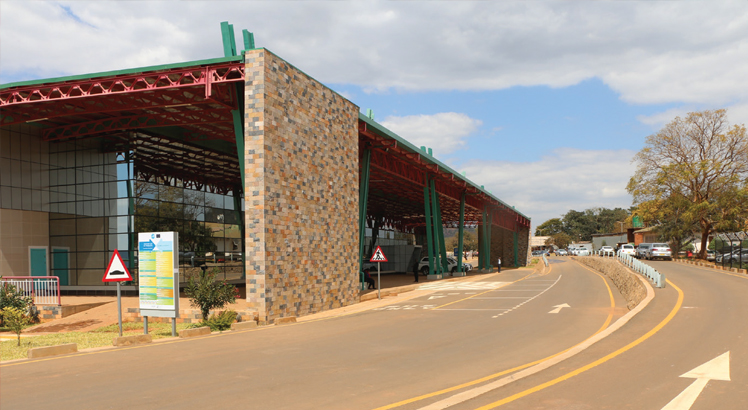Sending remittances to Malawi costly—report
The cost associated with sending remittances to African countries, including Malawi, is one of the highest in the world, a development that affects flow of money, the United Nations Economic Commission for Africa (Uneca) has said.
In its report titled African Regional Review of Implementation of the Global Compact for Safe, Orderly and Regular Migration, Uneca says that people sending $200 (about K164 000) to sub-Saharan African countries pay an estimated 8.9 percent or about $18 (about K15 000) of the value of the transaction.

Reads the report in part: “The cost of sending money in Africa is high, which means the continent is still far from achieving the three percent target set out in Sustainable Development Goal number 10.”
Uneca has since advised governments, including Malawi, to support migrants and their families through the adoption of laws and regulations to facilitate the sending and receiving of remittances, money by a foreign worker or a member of a diaspora community to their home country.
The report also says there is need to foster competition among banks and other remittance handling agencies to establish low-cost transfer mechanisms.
Reacting to the report on Friday, economic statistician Alick Nyasulu said remittances to Malawi hinge on the Reserve Bank of Malawi (RBM) exchange rules, apart from the cost.
He said: “There are a lot of remittances coming in through informal channels.
“Most of the diaspora see no value in these foreign currency accounts as the rules make it difficult for most of them to access their money in the currency of their account.”
Nyasulu said apart from the cost element, the country’s tight regulatory framework makes sending money difficult.
“We are getting a lot of foreign currency, but the channels are outside the banking system. One should ask why we have a vibrant foreign exchange market and where are the funds coming from. The answer is too much regulation,” he said.
RBM figures show that in 2020, Malawi received $2143.1 million (about K166.6 billion) in personal remittances, a drop from $265.7 million (about K158.9 billion) recorded in 2019.
The 12-month figure shows a $51.6 million (K7.6 billion) increase in funds the country received through remittances when compared to the same period last year.
RBM spokesperson Ralph Tseka was yet to respond to an e-mailed questionnaire, but an official from the central bank earlier indicated that they continue to explore ways of easing and incentivising the process of sending money in the country.
With about 40 percent of budget support cut since 2013 and tobacco earnings down by half over an eight-year period, Malawi needs foreign exchange to sustain procurement of essential goods.
RBM figures show that gross official reserves, which are under the direct control of the central bank, dropped between January 2021 and August 2021 to $580.9 million (about K477 billion) an equivalent of 2.32 months of imports.





